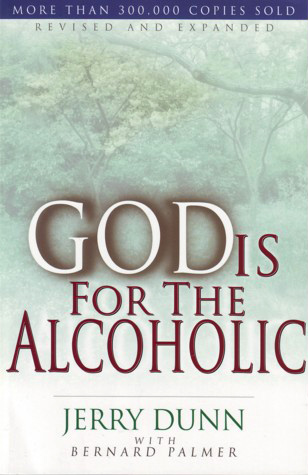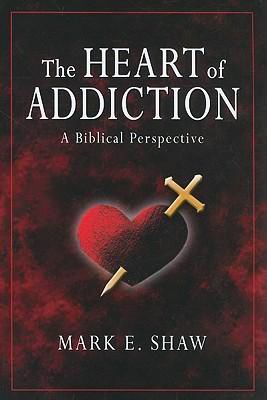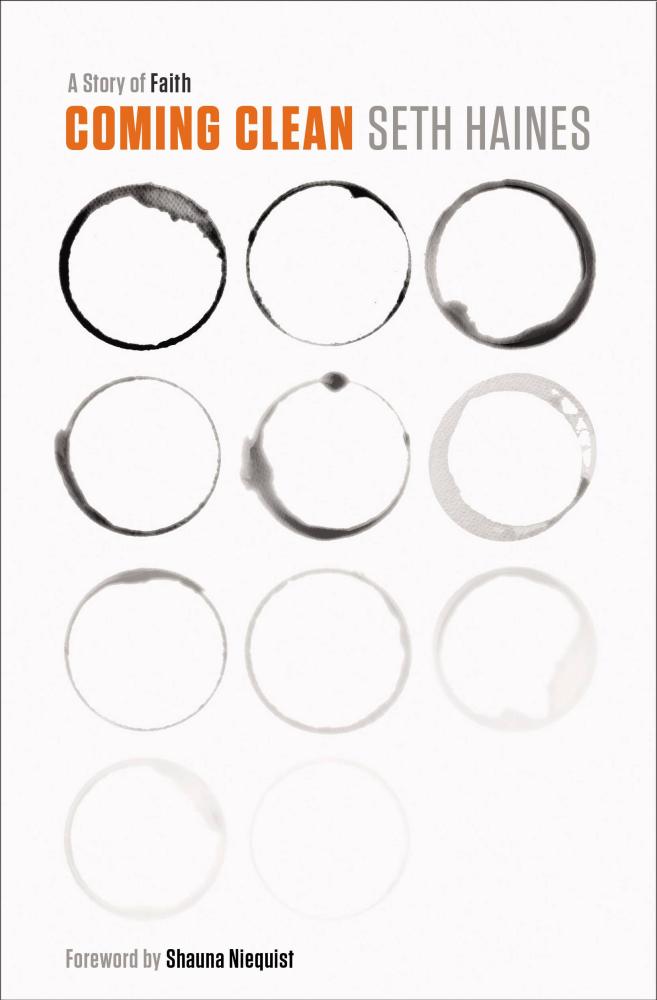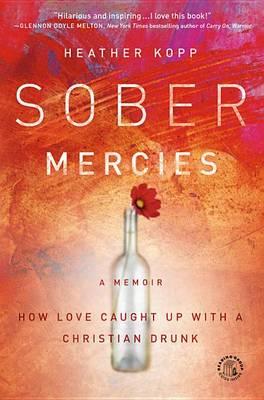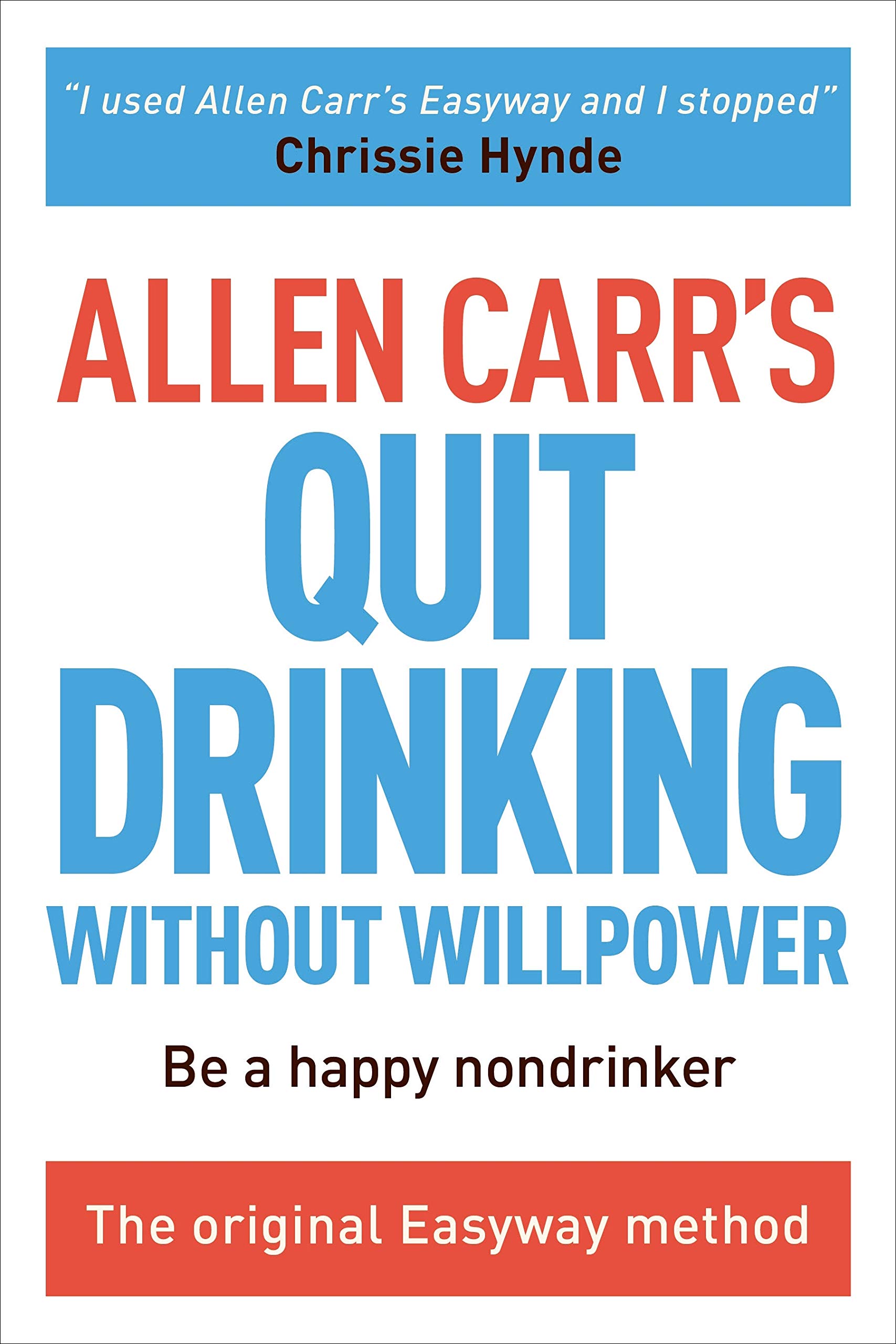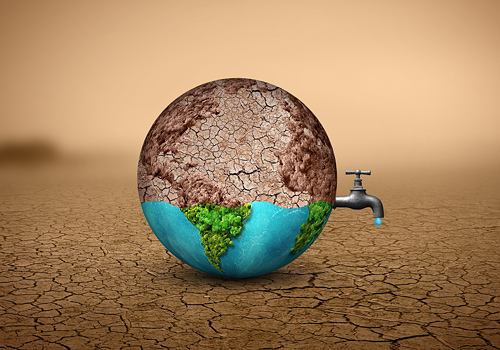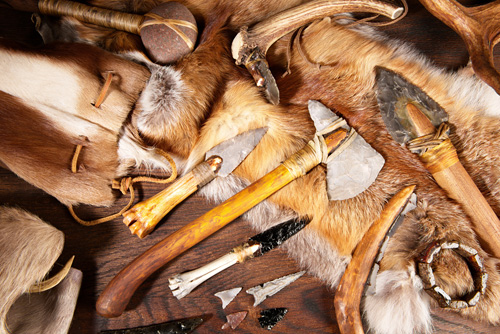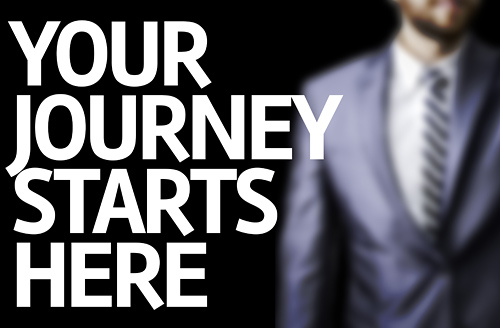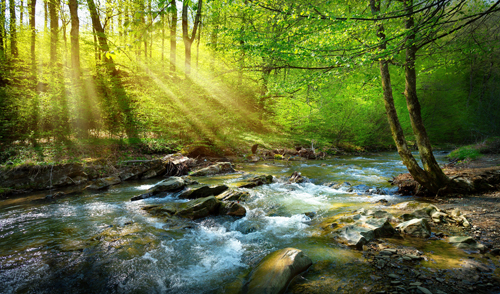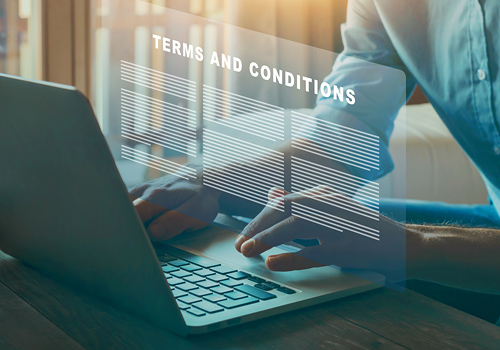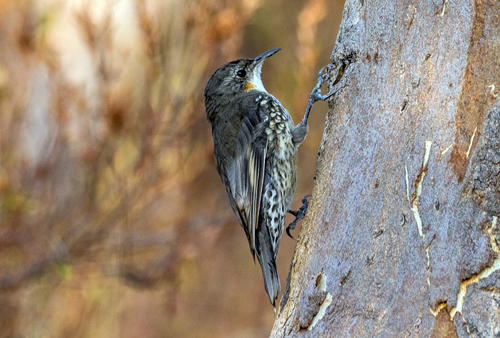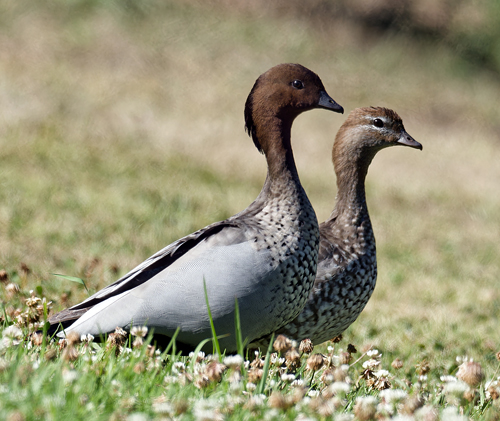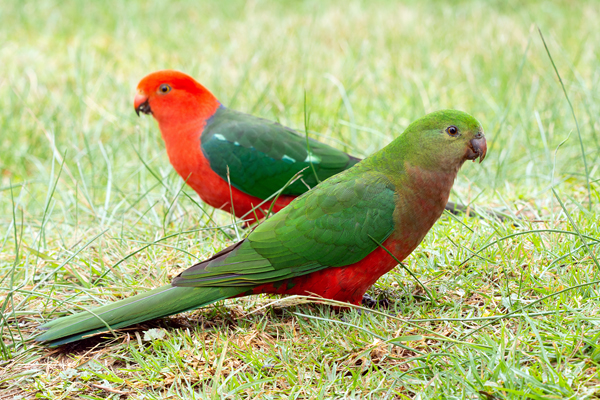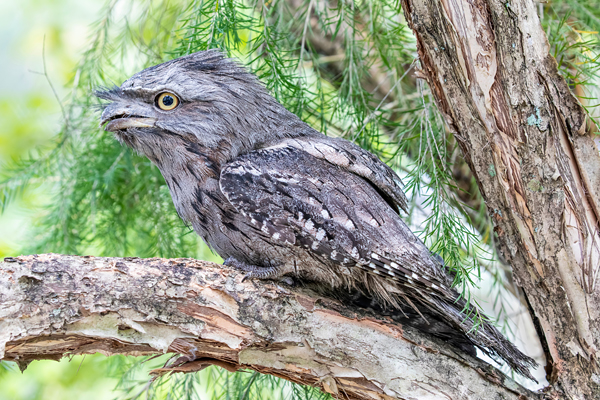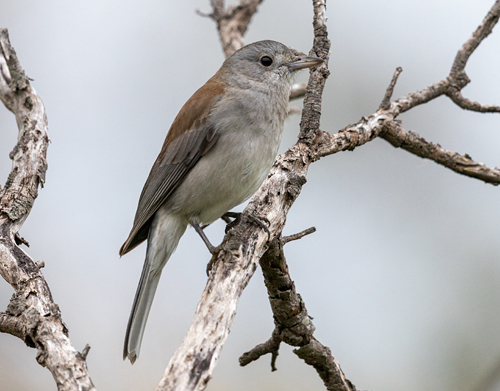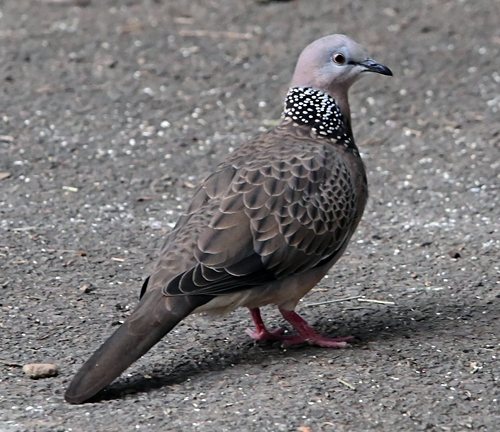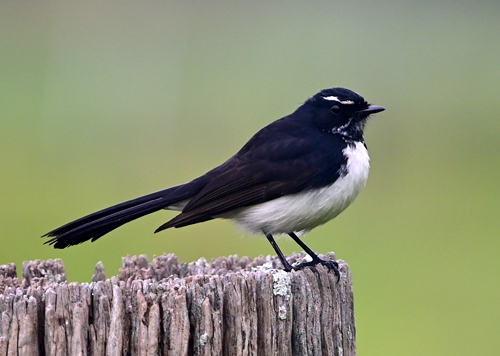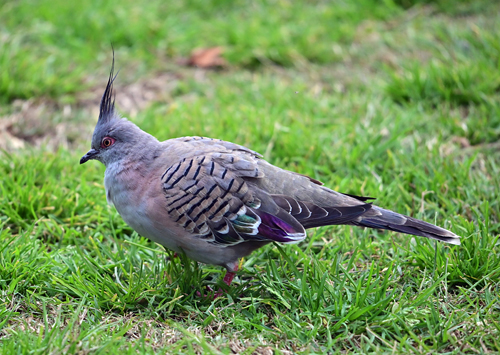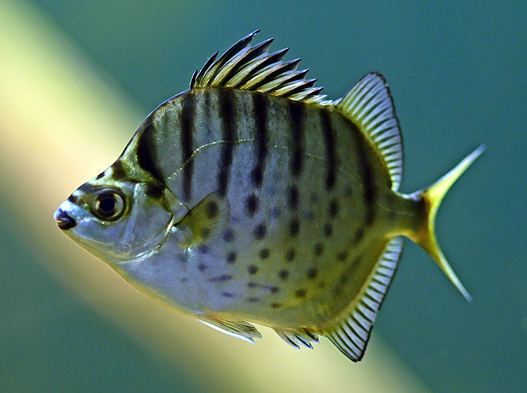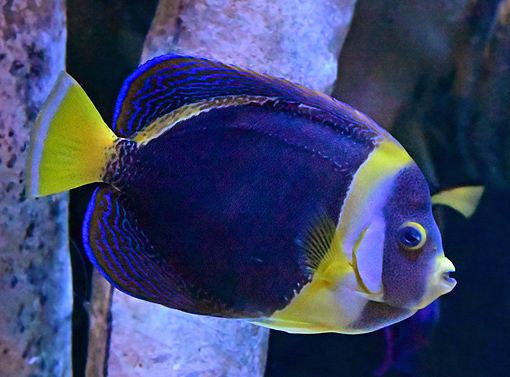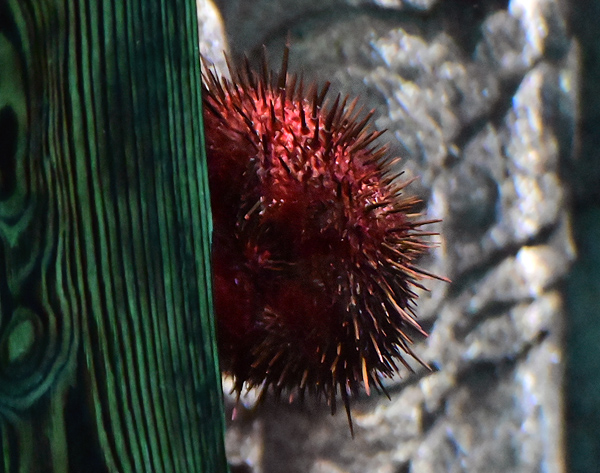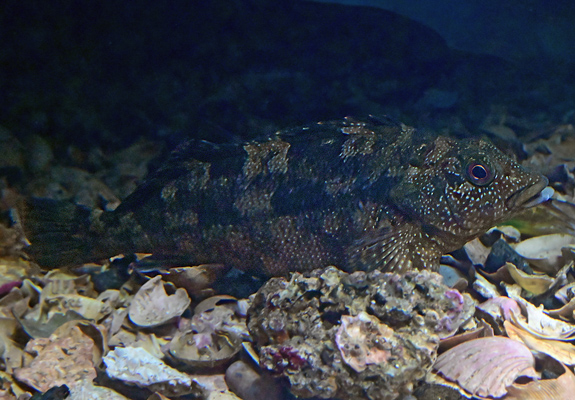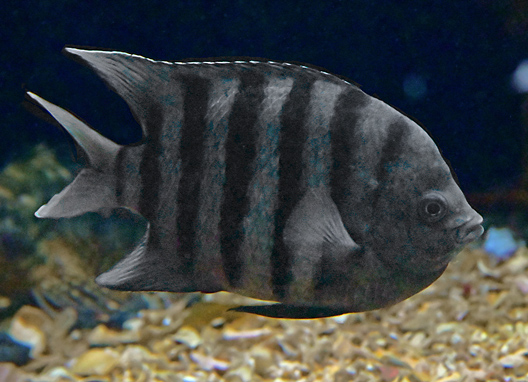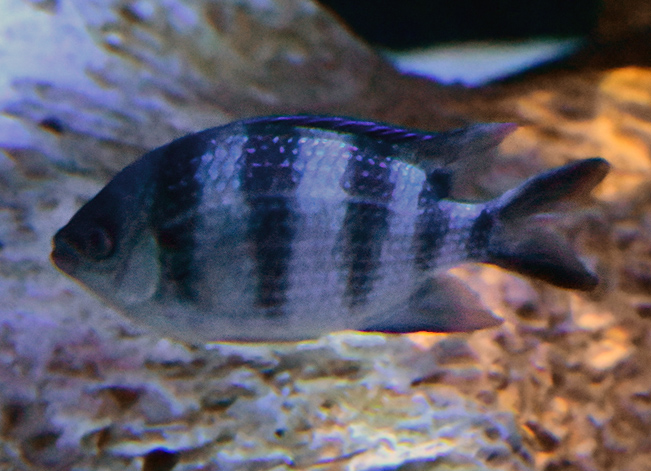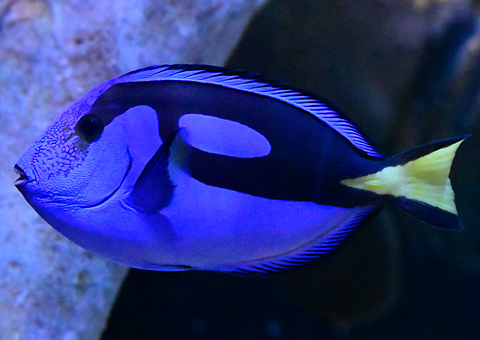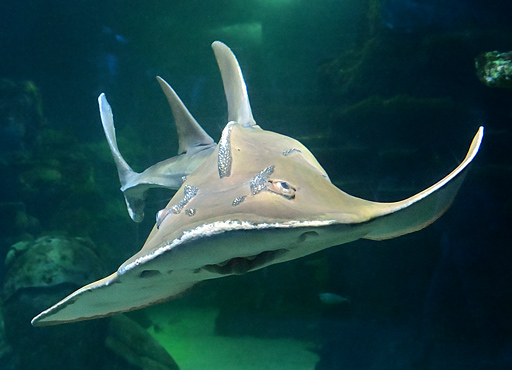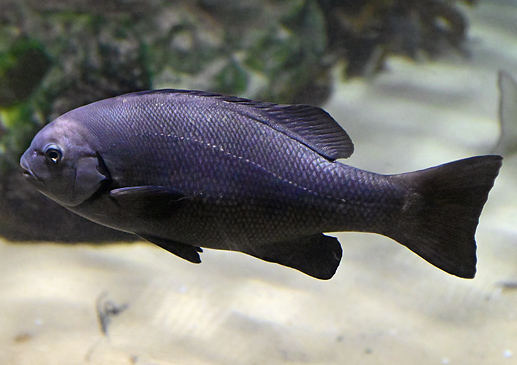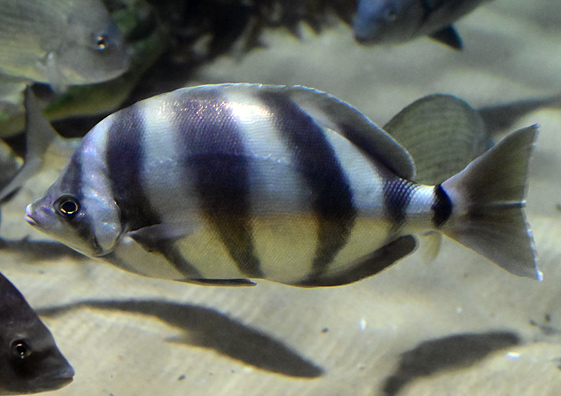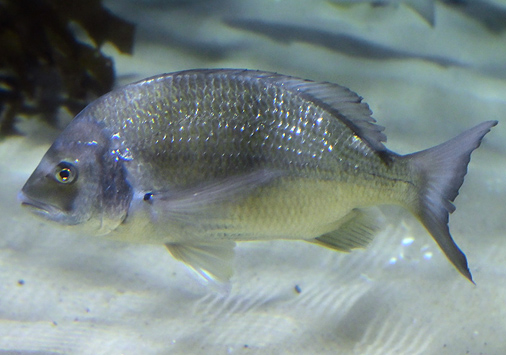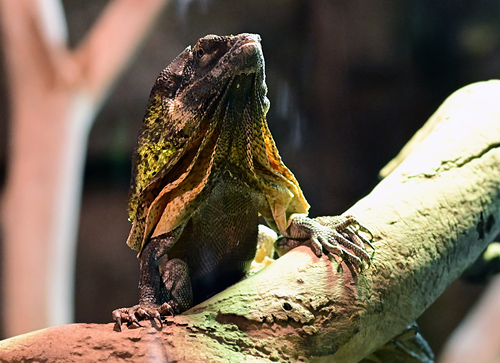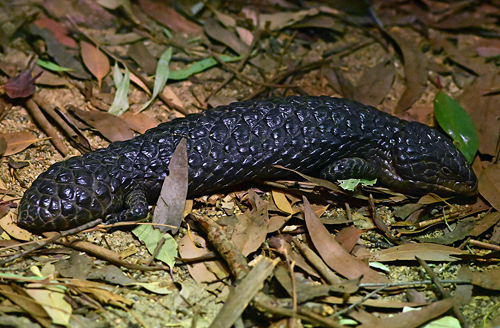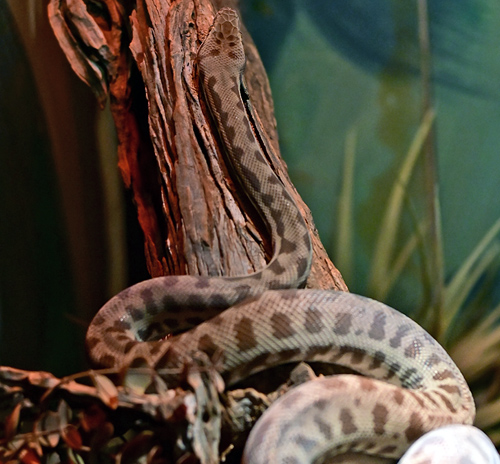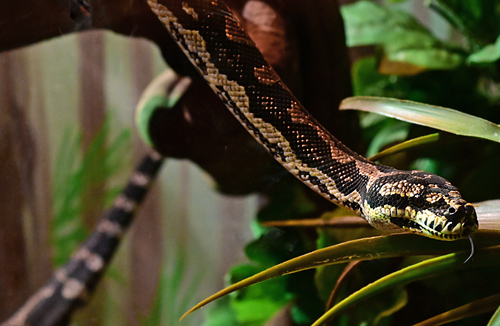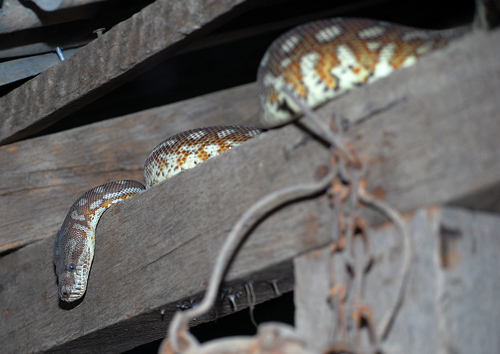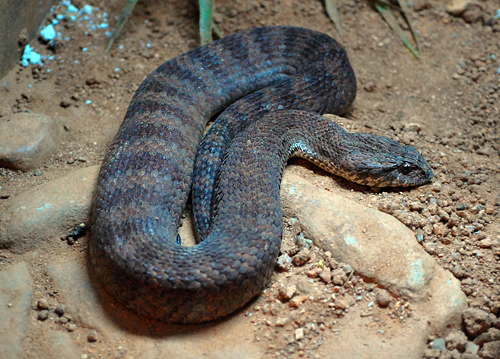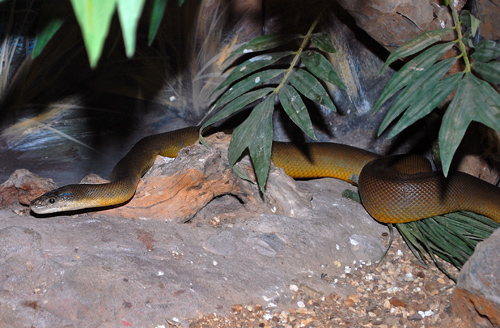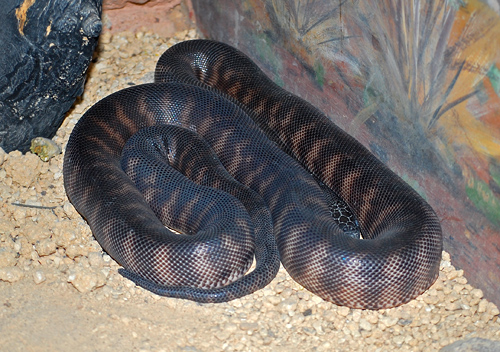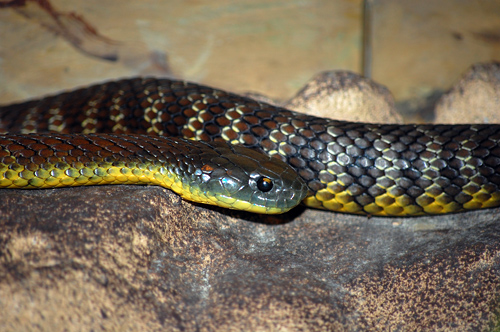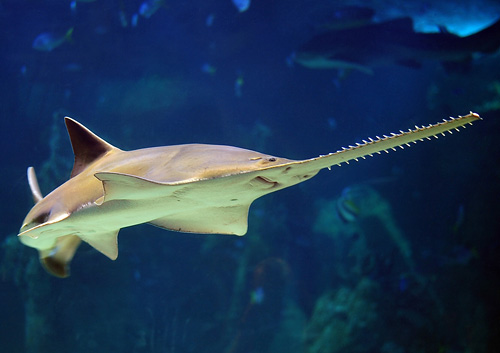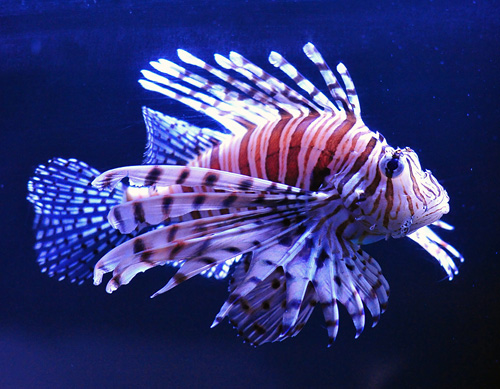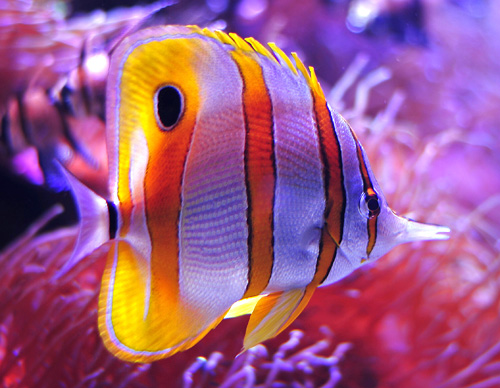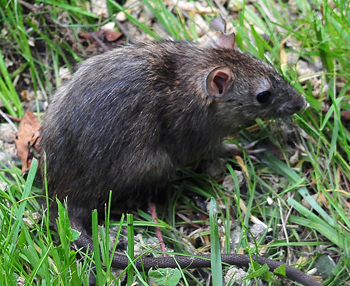How and Why I Quit Drinking
Since I have enough experience (and success) with this topic to easily write a whole book about it, or even a series of books, this first web page about how to quit drinking is going to be a summary. I'll start off with a few basic ideas, and then expand on those, as I get the time for it...
I've gone thought a lot of different stages of drinking a little, drinking a lot, and not drinking at all. (And I like not drinking at all the best, by the way.) I've thought about drinking from very many different perspectives. Both of my parents were alcoholics at different times in my life. When I was around primary-school age, my mother's job was a psychiatric nurse in a drug and alcohol ward. Sometimes when there was nothing else to do with me and my brother (like in school holidays), we'd get taken there, and spend the day hanging out with the drug and alcohol patients. That was how I learned to play poker. As in five-card draw poker. Which was played with real money, but only small change — 20 cents would have been a large bet. Back in the days when there were still one and two-cent coins.
Why I Quit Drinking
Most of this page is going to be about how I quit drinking. Though the two questions are of course very closely related. And reasons why to quit are actually part of the method of how to quit. And vice versa. If you can gather together enough reasons why you don't want to drink, that's going to make you not want to drink as much — which is probably the biggest and most important part of how to quit drinking.
The short answer to "Why I quit drinking" is that I used to have a massive drinking problem, which began when I was 16, in the holidays between year 11 and year 12. And my physical health is still impaired from the damage I did to my body during my years of heavy drinking.
Who has woe? Who has sorrow? Who has strife? Who has complaints? Who has needless bruises? Who has bloodshot eyes?
Those who stay long at the wine; Those who go to seek out mixed wine.
Don't look at the wine when it is red, When it sparkles in the cup, When it goes down smoothly: In the end, it bites like a snake, And poisons like a viper.
Your eyes will see strange things, And your mind will imagine confusing things.
Yes, you will be as he who lies down in the midst of the sea, Or as he who lies on top of the rigging: "They hit me, and I was not hurt; They beat me, and I don't feel it! When will I wake up? I can do it again. I can find another [drink]."
If You Want to Quit Drinking
If you're someone who wants to quit drinking, or cut back on it a lot, and have found that to be difficult of impossible — the main thing to remember is that you don't have to ever stop trying to stop. Even if you haven't yet been able to stop (or cut down on how much you drink), as long as you want to stop, then nothing can make you stop trying to stop. Keep trying and don't be concerned about any previous failures. It took me a long time, and I had many, many previous failures, but I got there in the end. And once I really got there, I stayed there.
Some people find it easy and fast to quit, and others have to try for a long time over many years. If you have tried and failed before, don't worry about that. Just keep on trying. Try out different ideas and different ways of quitting. If you keep doing this, eventually something will work. Different methods work for different people.
This page shows some of the things I did, which worked for me.
How I Quit Drinking
I've thought of, and tried, a lot of different things. Some worked a lot better than others. Like with smoking cigarettes, I used to joke that I'd quit so many times I was obviously very, very good at quitting by now. But I didn't give up trying to quit. And eventually, I did. That was several years ago, and now I basically never crave alcohol at all. In fact it's the complete opposite. I'm so grateful and so happy to be able to enjoy thinking about how I can live free of all that.
The Key Thought that Helps Me to Stay Stopped
There's a huge number of thoughts, ideas, information, and reasons, and motivations that I've amassed over the years about quitting drinking, and how to stay quit. But one thought stands above them all for me. I think it works so well because it directly contradicts the idea that drinking makes me feel better in the short-term, and then worse in the long-term.
The idea is just to think about certain super-happy memories I had before I was ever a drinker. And, when I do this properly, and compare them to my memories of times when I was drunk, and really enjoying being drink — I felt better, more real, and more happy when I was sober, before I was ever a drinker, than I ever even once did when I was drunk.
That is really a big idea, if you think about it. Since the whole mechanism of addiction relies on the misconception that the addictive thing is something you really enjoy. You know it's bad for you in the long term. You know that its overall effects of it on your life, summed up over time, are a long way into the minus. But, you mistakenly think that in the short term, while indulging in the addictive thing (in the case of this web page, alcoholic drinking), that you feel really happy, and that the addictive thing is what you really enjoy.
When you take that idea away (by realising that it's legitimately false), there's really no significant reason left to keep on being a problem drinker.
When you can get to the place where you can realise that life was much better, and much more enjoyable — not just overall, but in the highs, the best moments of all — without drinking — than it ever was after you became a drinker and even during those supposed "best" experiences you had while you were drinking to your heart's "content"..... That, for me, is the biggest single thought that helps me, the most out of everything I've thought about and experienced, to never crave alcohol anymore.
In order to first discover this idea, I thought a lot about certain experiences before I became a regular/problem drinker — the best, happiest ones I could think of. And I thought about the times when I was drunk — what it was actually like at the times when I was enjoying it the most. Since there were times when I really did enjoy being drunk. But I realised that my best pre-alcohol, sober-and-always-had-been-sober memories were legitimately much better, more enjoyable, and I was more happy then than I ever was even once while I was drinking.
An idea which goes along with this, and helped with learning/discovering it's truth, was thinking about how, in the memories of being drunk, when it was good and when I was enjoying it, there was still a kind of fake-ness to the experience. A lack of real-ness. It's hard to fully explain it. I guess it's completely logical though, when you consider that being drunk shuts down large parts of your brain. So even just going by basic medical science, I was literally not fully conscious and not fully alive during any of the times I was drunk.
Also, once I started to drink regularly (which was at the start of year 12 of high school, and continued and got worse over that year and for the next few years), the chemical effects of that on my body took away, in the short and medium-term (and even, unfortunately, to some extent in the long-term), some of the natural healthy chemical makeup of a healthy properly functioning brain (like with all its neurotransmitters and other medical parts working properly). So after I became a real problem drinker, it was no longer possible for me to experience those fully happy feelings that I did occasionally have, in the best moments of my life before I was ever a drinker.
But, in summary, after some thought, I did realise that, truly, the happiest experiences I had from not drinking were better than literally any of the happiest drunken experiences I had ever had as a drinker.
I think the shortest way to say this is that the key to the whole thing was realising that I actually enjoy not drinking more than I enjoy drinking.
Because alcoholism is largely a mind-trick, and the mind trick affects the way you remember and value certain experiences (like drunken ones) over others, while it makes you chemically crave them, it took me a while to sort this out in my mind and to fully realise its truth.
The more I thought about this, the easier it was for me to not feel like drinking anymore.
Drinking Doesn't Take Away the Cravings — It Creates Them
A really key thought which helped me a lot to quit drinking (and smoking also), is the idea that drinking (or smoking) doesn't take away any cravings you might have. It creates the cravings. I got this idea first from "The Easy Way to Stop Drinking", and "The Easy Way to Stop Smoking" books by Allen Carr. I'll write more about this later.
Seen this way, the only real "benefit" of drinking (or smoking) is to very temporarily stop (or slow) the unpleasant feelings of withdrawal which the alcohol (or nicotine) itself created in the first place. And which, by having more of it, you're allowing the alcohol itself to create.
So the way to not crave alcohol is just to not drink it.
Eventually, the cravings will go away — if you don't drink for long enough. Because it's the drinking itself which creates the cravings for drinking.
I've found that this actually does work for me, provided that I understand well enough how the mechanism works, and that it is a mind trick, which fools you into thinking the alcohol (or nicotine takes away the cravings that they in fact 100% totally create), and that having a drink (or smoke) will make you crave more in the future — not less.
(The books explain this very well, and in a lot of detail. See further down this page for more about Allen Carr's "Easy Way" books.)
The Spiritual Effects of Being Drunk
I've read about this in many spiritual warfare books, and the idea definitely helped me to quit drinking. Pretty much every single Christian spiritual warfare book on the subject says that being drunk invites demonic influence into your life. Some of the books go into more detail than others. I'll write more on this eventually, when I get some more time. But the idea did really help me to quit drinking.
Return From Tomorrow
One such book, which is more of a single person's story than a general book about spiritual warfare, is "Return from Tomorrow" by George Ritchie. The book is the story of the author's near death experience (NDE), which was later verified by medical professionals as something that could only have happened by extra-normal (that is, supernatural) means.
In part of his near-death experience, Ritchie give a very graphic description of what he sees in a bar where many of the patrons are getting extremely drunk. I liked the book for many reasons but I would have bought it just for the bar scene alone, it had that powerful an effect on me.
Purchase Return from Tomorrow from Booktopia (Australia)
Read reviews and/or purchase Return from Tomorrow from Amazon.com (USA)
Living With an Older Alcoholic
Another thing that massively, massively helped me to not crave alcohol has been the experience of living with an older alcoholic.
When you're a young person in modern society, you're presented with all the usual ideas and images of drinking that are promoted to young people as being exciting, happy, and fun. Going out partying and all that. Seeing it in the media, and hearing others (like at school perhaps, or at work) talk about it as fun and exciting.
Those images, and experiences, are a whole literal entire universe — like on the complete opposite side of the cosmos — away from the day-to-day existence (even just to use the word "life" to refer to their life seems like it's not quite right) of an 80-year old long-term alcoholic. That is something the TV ads don't usually show you. It's not something I remember being talked about much in the playground at school either. Or on any of the big drinking nights I went on after I became a big drinker myself.
When you think about parting and clubs and pubs and gigs and drinking friends (and perhaps sex and picking up), and all the other fun things, you don't think anything about where it all ultimately leads to. Seeing that really does change forever the way you think about getting drunk. At least it did for me.
Seeing the absolute, utter, hopelessness and misery. The lack of mobility. The falls. The ongoing physical issues that develop, that I don't remember the music videos I watched when I was fifteen showed much about. The adult-onset diabetes. The osteoporosis. The other, embarrassing issues... And just like never, even once, even when you're drinking, actually feeling properly alive or properly happy. It really, truly is a horrible life. And something that anyone with a drinking problem would, I think, do well to consider a lot, and to to anything they can to avoid ending up like that themselves.
If you already are an elderly alcoholic, of course it's not too late to stop. If you're even reading this web page at all that must be a very positive thing. The longer you stop, the easier it gets to stay stopped. And the better you feel. I think that the "Key Thought" in the section above this one would still work quite well, once you think about it enough to realise it's true. Drinking doesn't make you happy. Not even in the short-term. Almost all of the other ideas I had, and things I did, to help me stop, and which worked 100% completely (I no longer ever crave alcohol now) should also apply just as well.
Living with an elderly alcoholic isn't possible for everyone (not everyone has an elderly alcoholic they could live with, or live very close to). But something that I think would work almost as well, perhaps as well even, would be to work with elderly alcoholics. This could be voluntary work, or if you find it really helps you, and is a satisfying experience, it's something you could consider making into a career.
When I was a teenager I read a book by a psychiatrist called "Games People Play", and another by the same author which I forget the name of (Eric Berne I think, I'll look this up later, it was a long time ago). The book explained many of the key big issues of life as if they were "games". The games had different names, different motivations/goals, and there were particular players and roles within each game.
In the game of "Alcoholic" there were five players (as I remember it, it was literally decades ago I read it, I will look it up later and confirm and/or correct what I say here). One of the players was the alcoholic. One was the supporter, like a spouse or a drinking friend perhaps (?). One was the supplier, like the bartender or person at the bottle shop. And one was the "rescuer".
The thing I remember the most about all of this is that the it very clearly made me think that it's much, much easier for people to stay in the same game, but change roles (from one type of player to another), than it is for someone to leave the game completely.
I looked at life in a different way after reading that, as I could see that it was clearly true in many respects.
So in the example of this web page (how to quit problem drinking), it's much easier (at least for many people, you'd have to try it yourself to see how true it is for you) to change roles, to be a "rescuer" or helper of other alcoholics, than it is to quit the "game of alcoholic" completely.
The way I think of it, even my writing of this web page, right this very minute, is an example of me doing exactly that. And the same thing applies to the Adult sealed Section of this website.
Alcohol and the Bible
I've read a lot of differing views about drinking alcohol and the Christian Bible. The one that's the most consistent with everything I've seen is that the wine they usually drank was very, very diluted compared to the wine that most people drink today. Pretty much like pouring a very small amount of wine into a glass, as if it was cordial (or scotch perhaps) and then filling the rest up with water. Perhaps not even that strong.
I've read that most of the time, the wine they drank was so diluted that it would have been impossible to get drunk on it, because you just wouldn't have been able to fit that much liquid in your stomach in a short enough time period.
The main reason it was used, so widely, is for the simple reason that alcohol is a poison. And in this specific situation, it kills many of the bugs that would otherwise live in their pre-chlorine, pre-plumbing water supply, and contaminate it. They didn't have chlorination plants back in those days. So they used alcohol to do the same thing.
1 Timothy 5:23 is often quoted as a form of excuse for Christians to indulge in drinking (at the modern high levels of alcohol that are present in our modern drinks, including especially wine).
Be no longer a drinker of water only, but use a little wine for your stomach's sake and your frequent infirmities.
Seen in the light of what's written above, Paul is just saying to Timothy that a very small amount of alcohol might help with disinfecting the water he's drinking. In the modern world, our water is already disinfected (usually with Chlorine), so this is not a concern for us.
The idea promoted in the Bible most definitely wasn't to get drunk on alcohol. And there are different words in the Bible to refer to "strong drink", as in drink that's strong enough to get drunk on before your stomach just got full from having too much fluid in it (as would happen with the extremely dilute wine they usually drunk).
Even with these extremely diluted levels of alcohol, some groups of people were forbidden to drink any alcohol at all. And there are plenty of proverbs and other Bible verses that warn of the dangers of drunkenness.
So the Bible very definitely does recognise the problems caused by drinking.
Christian Books About Alcoholism
I found these hard to find. I didn't really need them for myself, since by the time I was a Christian I'd almost entirely given up drinking. And after not that much longer, I did entirely give up. But I was looking for them on behalf of someone else.
There were four that I found, and bought. I think some (perhaps even all) of them were out of print, unfortunately. I ordered them online. Like from Amazon, and perhaps other places, I think some were second hand, and some were "new old stock". It looks like they may be back in print now, or at least more available than when I first bought them.
Of the four, one is missing in action (though I should be able to go back over my emails and purchase history and find what it's called). I have the other three (I borrowed them back from the person I bought them for). I'll do a quick review of them eventually.
The three that I have here now are "God is For the Alcoholic" by Jerry Dunn (with Bernard Palmer), "Sober Mercies: A Memoir: How Love Caught Up With a Christian Drunk" by Heather Kopp, and "The Heart of Addiction: A Biblical Perspective" by Mark E. Shaw. The fourth one (which I haven't found yet, other than in my email invoices) is "Coming Clean: A Story of Faith" by Seth Haines.
The first one (God is For the Alcoholic) is probably the most well known and the best, but I don't know for sure, and they are all very different to each other. So you could get all of them and not be reading the same thing over and over.
When I went into the bookstore Koorong to ask if they had any Christian books about recovering from alcoholism, this is the book they recommended. However they didn't have it in stock anymore. Full review coming soon.
From the publisher: "I am an alcoholic, I know what it is like to burn with a desire to drink that is so overpowering that family, jobs, and friends mean nothing compared to the desire for liquor. I know what it is like to wake up on a hotel room not knowing where I am or how I got there. I also know the joy of complete deliverance from the power of alcohol addiction and never cease to praise God for such deliverance.'Author Jerry Dunn discovered there is indeed hope for the alcoholic. God provided his escape at the end of a two-year drunk, when he picked up a Bible in a Texas prison. God Is for the Alcoholic is the product of that scape. Jerry Dunn knows the road up from alcoholism is long and difficult but that it can be followed with God's help and through commitment, patience, and diligence.In this revised edition of God Is for the Alcoholic, read sections on understanding alcoholism, ways to help the alcoholic, and ways the alcoholic can help himself. Discover release from the power of alcohol."
Full review coming soon. Christian book covering how to overcome substance abuse addictions, especially alcohol. Less of a "story" book than some others in this genre. Full of strong Biblical advice. Probably more of a hardcore Christian book than the others I've seen in this genre.
Proper review coming soon. I've only just got this one.
From the publisher: "Seth Haines was in the hospital with his wife, planning funeral songs for their not-yet two-year-old, when he made a very conscious decision: this was the last day he wanted to feel. That evening, he asked his sister to smuggle in a bottle of gin, and gave in to addiction. But whether or not you've ever had a drop to drink in your life, we're all looking for ways to stop the pain. Like Seth, we're all seeking balms for the anxiety of what sometimes seems to be an absent, unresponsive God--whether it's through people-pleasing, shopping, the internet, food, career highs, or even good works and elite theology. We attempt to anesthetize our anxiety through addiction--any old addiction. But it often leaves us feeling even more empty than before. In Coming Clean, Seth Haines writes a raw account of his first 90 days of sobriety, illuminating how to face the pain we'd rather avoid, and even more importantly, how an abiding God meets us in that pain. Seth shows us that true wholeness is found in facing our pain and anxieties with the tenacity and tenderness of Jesus, and only through Christ's passion can we truly come clean. No one wants to admit they have a problem, but the truth is we all have one. Coming Clean acts as both a mirror and a map. Seth Haines' beautifully pointed writing and compelling story of sobriety force us to look at the realities of our own pain, but show us the way of healing by directing us to the goodness of God. For the pastor, for the layperson, for the victim of addiction, for the person with air in their lungs, Coming Clean is required reading. I've waited my whole life for this book, and I'm giving it to everyone I know. -Nish Weiseth, author of Speak: How Your Story Can Change the World"
Another new one. I purchased several of these books recently for a relative with a drinking problem, and then started to read them myself.
From the publisher: "Where do you turn for hope when you already have the answer--but the answer isn't working? As a long-time Christian, Heather Kopp never expected to become an out-of-control alcoholic who kept private stashes of booze all over the place--tucked behind books in her study, zipped into a special compartment in her oversized purse, at the back of her closet stuffed inside her boots. Even as her career and marriage teetered on the brink, Kopp couldn't get a grip, desperately hiding the true extent of her drinking from the rest of the world--her husband included. During the day she wrote books about God and prayer and family. At night she'd locked herself in her bathroom to guzzle chardonnay. For her, as for many Christians who struggle with addiction, overwhelming shame and confusion only made things worse. Why wasn't her faith enough to save her? Why didn't repentance, Bible reading and prayer work? Where was God? Meanwhile, as she watched in horror, her grown son descended into his own nightmare of drugs and alcohol. She feared for his life, yet she couldn't stop drinking long enough to help him--or find a way out for herself. Until the day everything changed. Engaging, funny and bracingly honest, Kopp shares her remarkable journey into darkness...and back to the light again. Her story reveals the unique challenges and spiritual conundrums Christians face when they become ensnared in an addiction, and the redemption that's possible when we finally reach the end of ourselves. If you love Jesus but shop too much, drink too much, eat too much, crush on men who aren't your husband, or otherwise fixate on doing things you hate but can't stop doing, SOBER MERCIES is for you. As you follow Kopp's sincere, stumbling journey toward freedom and a deeply satisfying relationship with God, you'll find renewed hope--and practical steps of recovery--for your own journey. "
Purchase from Australia (Booktopia)
If any of the above are out of stock, the links below might work (but try the ones above first).
Amazon.com Links (USA Site)
Coming Clean: A Story of Faith
Sober Mercies: A Memoir: How Love Caught Up With a Christian Drunk
The Heart of Addiction: A Biblical Perspective
Booktopia Links (Australia)
Coming Clean: A Story of Faith
Sober Mercies: A Memoir: How Love Caught Up With a Christian Drunk
The Heart of Addiction: WORKBOOK ONLY
The Heart of Addiction: LEADER'S GUIDE ONLY
The Easy Way to Stop Drinking
The book that helped me the most to quit drinking alcohol was "The Easy Way to Stop Drinking" by Allen Carr. It's very similar to his book of almost the same title about how to stop smoking. Which is the one he's most well known for, and the thing that his method works the best for. Though it also works for other types of addictions, including drinking. The one about smoking helped me to stop smoking more than any other one thing I ever found — and that was another thing I massively struggled with for many years, and finally completely overcame.
This is the edition that I read myself [Amazon.com review/purchase link]
Purchase from Australia (Booktopia)
Non-Alcoholic Wine
I'm sure non alcoholic wine (and other types of beverages) does have a legitimate place. And that they really do help some people to not drink "real" alcoholic drinks. And that there's nothing wrong with them in terms of health (any more than any other type of sugary soft drink, which is far, far better than alcoholic drinks).
But for me personally, I don't have a lot of interest. The way I've come to think about alcohol, it would be kind of like buying a box of "non-poisonous cyanide". Which was sold in a box that looked just like a real cyanide box (whatever that looks like — I'm sure they have them, like from chemical companies). And tasted just like real cyanide. But with the poison removed.
So you could enjoy consuming it, and pretend you were consuming real cyanide, but knowing that it wasn't really going to poison you.
Having said that, I'm sure that they do help some people a lot, and it might be something to try out.
Using Nutrition to Help Quit Drinking
I got a lot of this idea from the book called "How to Quit Without Feeling S**t" by Patrick Holford (that's exactly how it's spelled on the cover of the book). The book goes into a lot of detail (perhaps too much for some people) about the biochemical pathways that are disrupted in your body from being addicted to various different types of substances. The book covers pretty much everything from sugar to narcotics, including a chapter about how to quit alcohol.
Much of the advice centres around replacing the nutriton that each type of addictive substance (e.g. alcohol from drinking too much) depletes in your body over a long period of time. And how to restore that. A lot of it is about amino acids, and using these as supplements to help reduce cravings and repair your body. I found that it did help me a lot. Soon I'll dig my copy out from storage and write more about it.
Amazon link for "How to Quit Without Feeling S**t"



